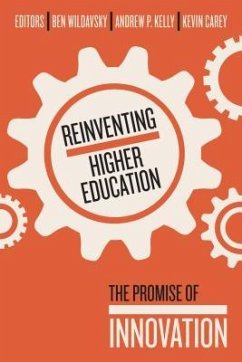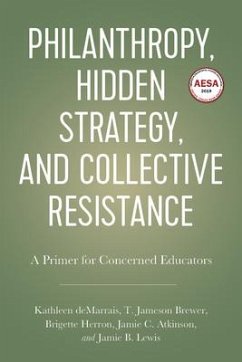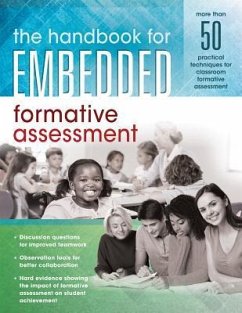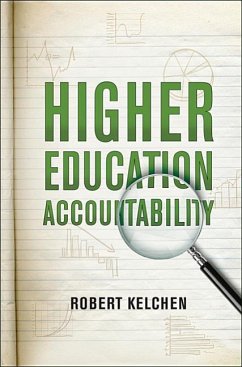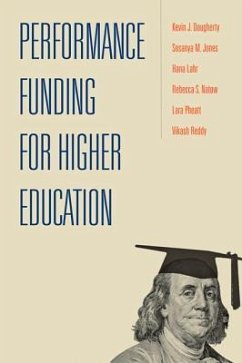
Broke
The Racial Consequences of Underfunding Public Universities

PAYBACK Punkte
18 °P sammeln!
"While public universities can't compete financially with the high tuition revenue and large endowments of their private peers, historically, they have been able to provide excellent education to less-advantaged student thanks to healthy government funding. But as that funding has slowed to a trickle, less prestigious public universities are now facing dire economic straits. In Broke, Laura T. Hamilton and Kelly Nielsen examine virtually all aspects of campus life to show how the new economic order in public universities, particularly the University of California system, affects students. New ...
"While public universities can't compete financially with the high tuition revenue and large endowments of their private peers, historically, they have been able to provide excellent education to less-advantaged student thanks to healthy government funding. But as that funding has slowed to a trickle, less prestigious public universities are now facing dire economic straits. In Broke, Laura T. Hamilton and Kelly Nielsen examine virtually all aspects of campus life to show how the new economic order in public universities, particularly the University of California system, affects students. New universities are moving to recruit more and more underrepresented students: students eager for the advantages a college education should provide, but lacking the resources to attend the most prestigious UC schools. But though universities like UC-Merced and UC-Riverside are accepting more students, they are underresourced to serve those students, lacking the specific campus services that can best help them, from cultural centers to adequate academic advising, putting the students of color who predominantly attend these universities at a remarkable disadvantage. Broke also explores possibilities for disrupting the racial hierarchies that sort students and organizations, as well as the resource flows legitimated by those hierarchies. Though higher education is not, and never has been, a primary driver of racial equality, it can provide greater support for racially marginalized students and the universities that serve them"--





